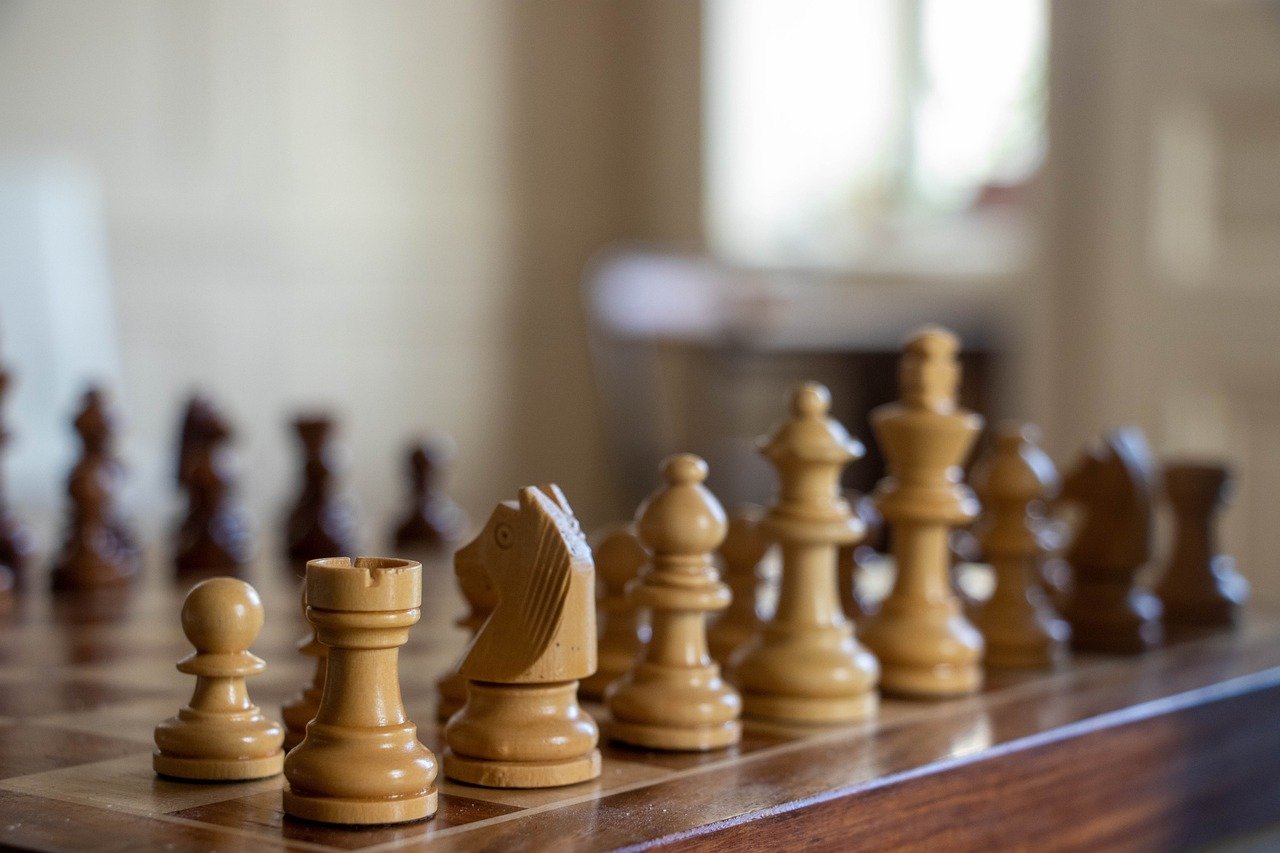
Chess – it’s not only a game, but also an effective way to help people improve certain cognitive skills, pay more attention, and acquire ideas of strategic thinking. To the youthful learners, chess can be a game that is fun and at the same time works the brain of a learner. As further parents fete the benefits of chess for children, chess training academy is gaining popularity. In this composition, we will explore what makes a good chess academy for kids and how chess training can help shape a child’s internal and academic growth.
Why Chess is salutary for kids
Introducing children to chess at an early age offers multitudinous benefits that go beyond the chessboard. Research has shown that playing chess can ameliorate problem-solving chops, memory, and creativity. Children who play chess regularly tend to perform better academically, particularly in subjects like calculation and wisdom, where logical logic and critical thinking are essential.
They are some of the crucial benefits of enrolling kids in a chess academy:
Cognitive Development
Chess encourages children to think critically, dissect situations, and make informed opinions. The internal challenge of chess helps ameliorate memory, attention, and internal inflexibility.
Tolerance and Discipline
Chess is a game of tolerance and foresight. Children learn the value of allowing ahead and considering the consequences of their moves, fostering tolerance and tone- control.
Strategic Allowing
Every move in chess involves planning and prognosticating the opponent’s response. This helps children develop long-term planning and strategic thinking, chops that are precious in both academics and real-life situations.
Problem-working Skills
Chess teaches children to estimate problems from multiple perspectives and find creative results. This capability to break problems efficiently translates well to other aspects of life.
Confidence structure
As children ameliorate their chess chops and start winning games, their confidence grows. This boosts their tone- of regard and encourages them to attack challenges head-on.
What Makes a Chess Academy Good for Kids
Child-Friendly tutoring styles
A good chess academy for kids should use tutoring styles that are engaging and applicable for youthful learners. The assignments should be interactive and delightful, incorporating games and mystifications to keep children interested while they learn.
Good Trainers
The quality of coaching is pivotal in a child’s chess education. Endured trainers who specialize in tutoring children are more effective in breaking down complex chess generalities into simple, accessible terms. They also know how to keep the literacy process pleasurable for youthful minds.
Structured Class
A well-designed class is essential for a child’s progress in chess. Top academies offer structured programs that gradationally make a child’s knowledge of chess, starting with introductory generalities like how the pieces move and advancing to more complex strategies as the child grows more confident.
Individual Attention
Every child learns at their own pace, and a good academy will conform its coaching styles to meet the individual requirements of each pupil. Small class sizes or one-on-one sessions allow trainers to give individualized attention and guidance.
Openings for Practice and Competition
While learning chess proposition is important, practical experience is inversely vital. A good academy will give regular practice matches and organize friendly competitions to help kids apply what they’ve learned. This also teaches children how to handle winning and losing gracefully an important life assignment.
Holistic Development Focus
The stylish chess academies understand that chess isn’t just about learning the game. They emphasize the development of soft chops like tolerance, focus, sportsmanship, and perseverance, which are precious traits for particular growth.
Conclusion
Chess academy for kids play an essential part in helping youthful learners develop their cognitive capacities and problem-solving chops while fostering a love for the game. With structured programs, trained trainers, and a focus on both specialized and particular development, these academies give an ideal terrain for children to grow as chess players and individualities. Whether in-person or online, the right chess academy can set a child on the path to success, both on and off the chessboard.





